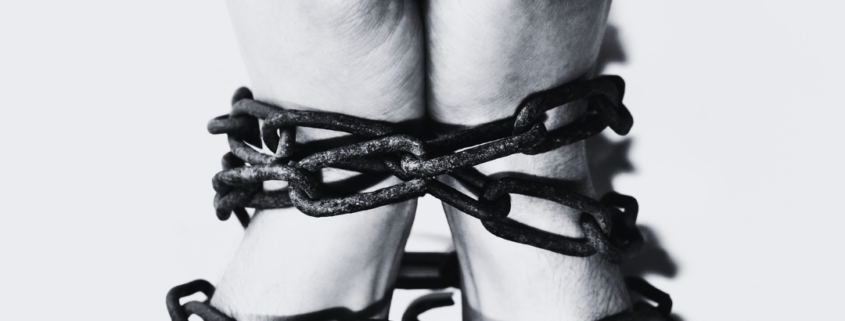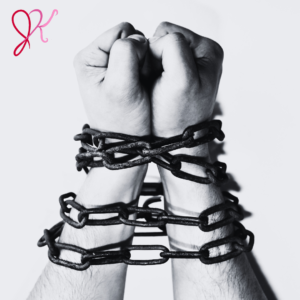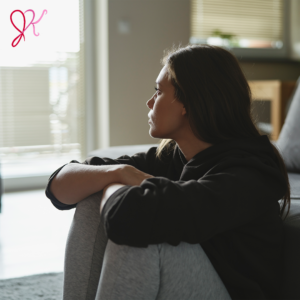Masked Grief
Masked Grief relates to those situations where the person has become so adept at suppressing their feelings of emotional pain that they take on other symptomatology.
There are many ways in which people attempt to work through the grieving process. Those who recognize that grief, by definition, is an emotion, and make a concerted effort to deal with what is emotionally incomplete in the relationship that has caused their grief, can be very successful in moving forward. Those who try to deal with it strictly from an intellectual standpoint, often find little relief and that they face additional issues as well.
Our bodies are designed to process rather than strictly store things.
The human body is designed to be a processing center. We consume and process food to create energy and to fuel our various organs. If we consume more food than necessary, our body stores it as fat. Too much of this fat storage can have negative consequences for our overall health. Likewise, the body is designed to process our emotional experiences. If we suppress, store and mask those emotions deep inside, this can result in negative consequences for our general health as well.
The consequences of stuffing sad emotions.
When we continually stuff these feelings of emotional pain, rather than putting voice to them, our bodies tend to send us signals that they are not happy. Some people get headaches, while others respond with intestinal issues and ulcers. For some, when emotionally stressed, they develop rashes or hives. Other normal responses to emotional stress can include an increased heart rate, rapid breathing and high blood pressure.
As a trained grief professional, I can often recognize that such issues are a common sign of suppressed emotions related to an unaddressed grieving experience. Unfortunately, these same symptoms can also be the result of medical issues as well, which means that when we consult a physician, they may very well attempt to approach it as a physical problem, rather than as a sign of masked grief.
That is why masked grief is such a problem. Failure to identify this common response to loss means that many people are treated strictly for the symptoms, rather than the underlying problem. When we treat the symptoms, rather than the real problem, nothing is done to deal with the underlying emotional pain.
The Grief Recovery Method is an effective action plan for dealing with the emotional pain of loss.
I speak from personal experience in the value of using The Grief Recovery Method and what it has to offer. At one time I used to suffer from many of these issues, especially with stomach issues. I never associated this physical problem as being related to stuffing and masking my feelings of sadness. It was not until I went for Certification Training with the Grief Recovery Institute that I was able to see that the times when I was suffering most with these problems also happened to be times that I was also dealing with a grieving experience in my life. As I learned to better deal with my own grief, I found that my related stomach issues cleared up!
Please do not let the pain of emotional losses that you have experienced and suppressed take a toll on your body. Taking effective Grief Recovery Action can not only help you feel better emotionally, but physically as well.







